Tory MPs only have one topic of conversation: the fate of Boris Johnson. They huddle together in offices in Portcullis House, comparing notes, assessing the Prime Minister’s survival prospects. At the time of writing, there is a sense in Westminster that attempts to oust Johnson have been delayed; that the danger for him will flare up again after the police end their investigation into Downing Street parties or after the local elections in May.
Already a subscriber? Log in
Subscribe for just $2 a week
Try a month of The Spectator Australia absolutely free and without commitment. Not only that but – if you choose to continue – you’ll pay just $2 a week for your first year.
- Unlimited access to spectator.com.au and app
- The weekly edition on the Spectator Australia app
- Spectator podcasts and newsletters
- Full access to spectator.co.uk
Or
Unlock this article
You might disagree with half of it, but you’ll enjoy reading all of it. Try your first month for free, then just $2 a week for the remainder of your first year.


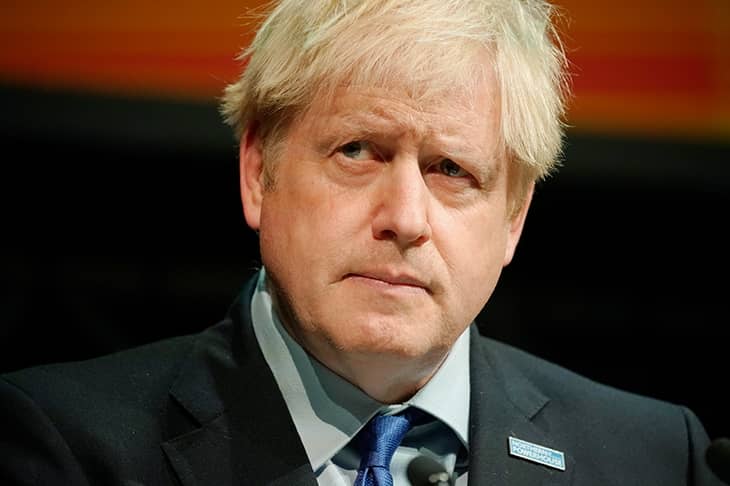
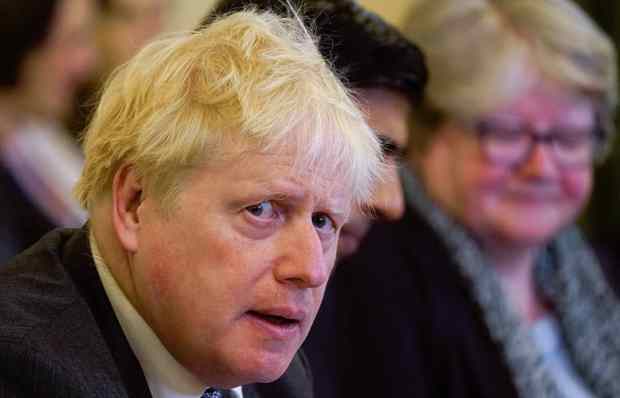
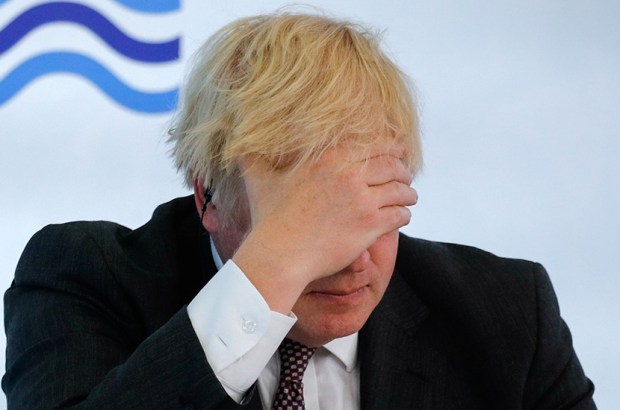
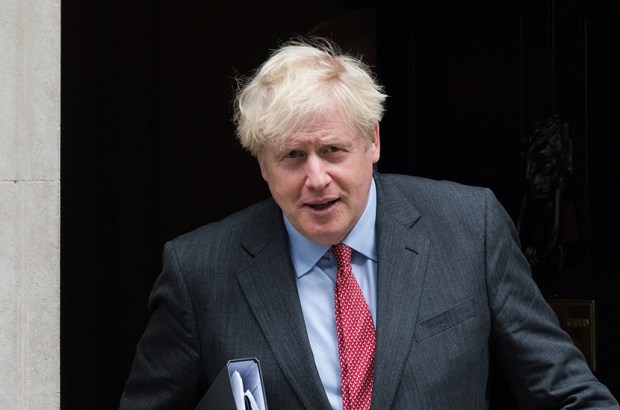
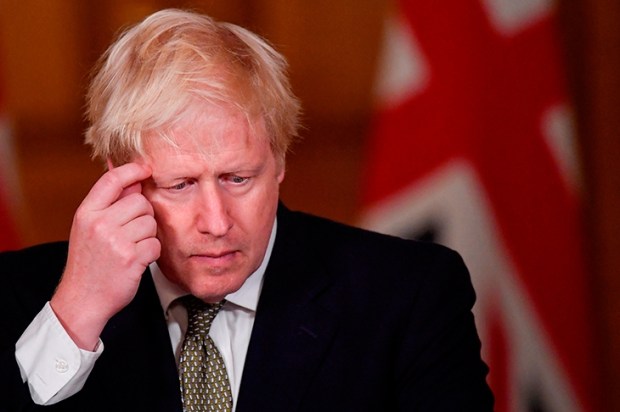
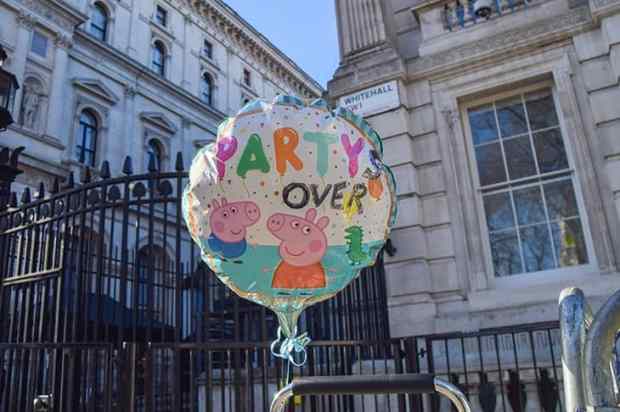







Comments
Don't miss out
Join the conversation with other Spectator Australia readers. Subscribe to leave a comment.
SUBSCRIBEAlready a subscriber? Log in